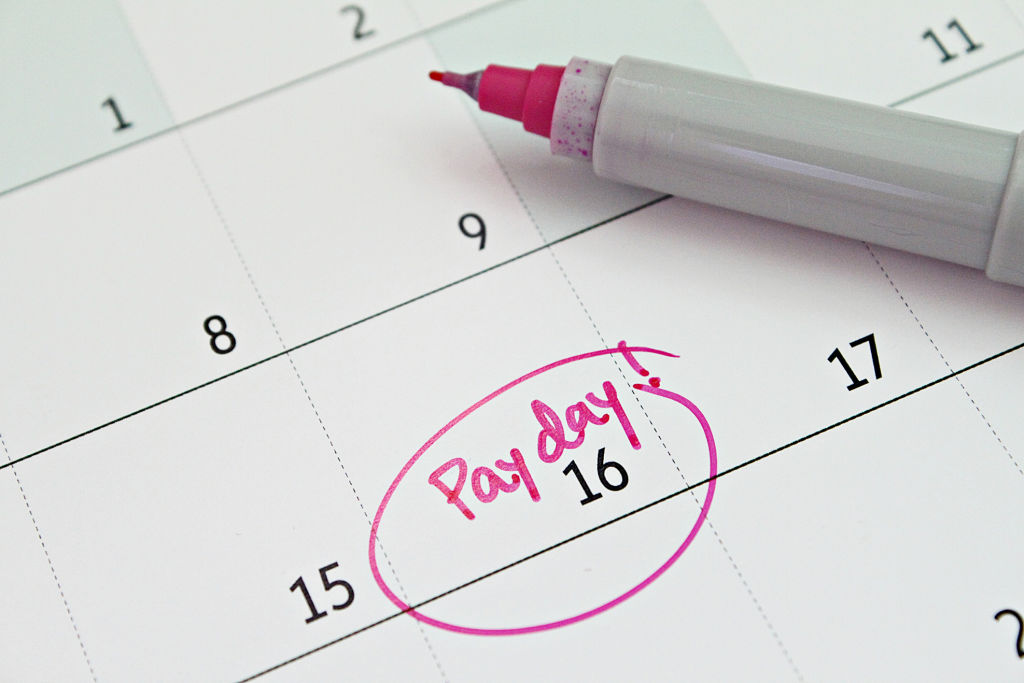Five tips to stretch your pay cheque so you're not living week to week

Tough times means it’s more important than ever to make the most of your money if you’re lucky enough to have a job.
As a matter of urgency, consolidate your debts, analyse and slash your expenses and negotiate a better deal on your regular bills. These are just a few actions you can take to put money in your pocket, and help it stay there while the COVID-19 pandemic continues.
It’s especially important to be financially disciplined, given new research by finance information portal money.com.au indicates 32 per cent of employed Aussies are in debt or have only $100 to their name each month after they pay for essentials like food and rent.
Additionally, 70 per cent us say our discretionary income would have been lower this year anyway, even without the economic impacts of coronavirus hitting our hip pockets.
So here are some great budget-boosting initiatives you can put in place right now to make ends meet during this difficult time.
1. Scrutinise your expenses
Now’s the time to take a scythe to your discretionary spending, especially your regular monthly costs, says Montara Wealth director David Hancock.
“Set challenges to spend less. Go without buying new clothes and magazines. Don’t order takeaway as much. Cook larger meals with ingredients that go further and freeze extra for later. You can also exercise at home instead of working with a personal trainer,” he says.
Another option is to move income protection, life insurance and TPD insurance into your superannuation to free up your cash flow. But talk to your financial adviser to see if this is the right option for you.
2. Sharing’s caring
There has never been a better time to embrace the sharing economy. Swapping lemons from your tree at home for a cooked meal from a neighbour or setting up a book or clothing swap with friends are just some ideas.
“Reach out to your community to find out what can be swapped. It’s a great way to use the collective’s resources and also engage with those close to you at a time when self-isolation may have you feeling disconnected,” says Hancock.
This will create a sense of purpose and you’ll be surprised how much you can save.
3. Focus on the fine print
Now is a good time to make sure you’re not paying too much on your mortgage. So talk to your mortgage broker or bank about refinancing to get the best rate, extending out your loan term or changing to interest-only or the minimum repayments to reduce your outgoings.
“You might also be able to access the equity in any property you own to contribute to your savings,” Hancock suggests.
Storing your savings in an offset account will also help to lower the interest you pay on your home loan. If you don’t have a mortgage, consider depositing any extra you might have in a high-interest savings account or term deposit.
If you have been making voluntary contributions to your super, you may want to pause these for now to put more money in your hand.
4. Generate a new income stream
Even if you’re still working nine-to-five, now’s the time to get that side hustle up and running to top up your incomings.
“Think up ways to generate income to boost your funds,” says money.com.au spokesperson and financial adviser Helen Baker.
“Find hobbies you can do from home monetise. Building websites or offering music or language lessons through online videos are some options.”
Another idea is to find a part-time job in an industry that’s still hiring, Baker says. “Join online sites that provide cleaners. Reach out to parenting groups on social media to offer tutoring or nannying services. Or look for work as a delivery driver for cafes, restaurants or online food delivery services.”
5. Have a plan
Everyone’s financial livelihoods are in jeopardy thanks to the COVID-19 outbreak, so plan as if you could lose your job.
“Understand any assistance the federal government or your financial institution could offer you in the event your income is affected,” says AMP financial adviser Dianne Charman. “That will help give you peace of mind.”
If you’re self-employed, also explore whether you may be able to access your superannuation if your business’s revenue declines by 20 per cent or more.
Given social distancing and self-isolation means we’re largely confined to our homes, we’re also being forced to save on holidays, transport, eating out and other luxuries that can be costly. So see this hopefully short-term time of thrift as an opportunity to be more financially disciplined that will pay off down the track.
We recommend
We thought you might like
States
Capital Cities
Capital Cities - Rentals
Popular Areas
Allhomes
More







